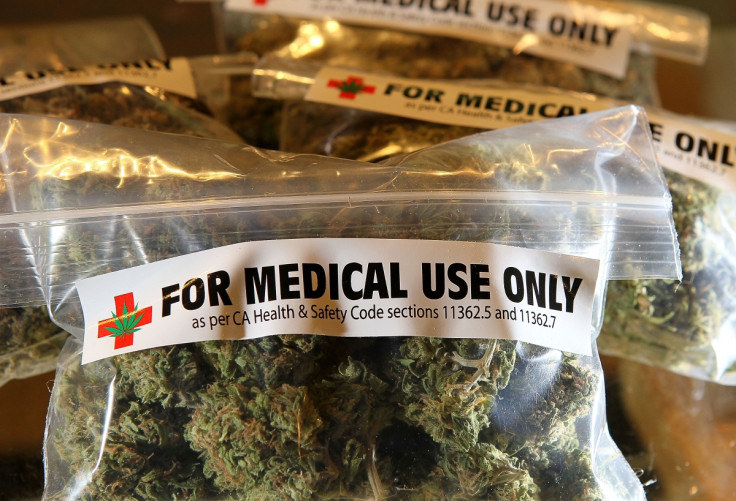Medical marijuana is now legal in Australia

In a historic move, the Australian parliament passed an amendment to the Narcotic Drugs Act, by which the cultivation of marijuana for medical purposes and the use of marijuana by those suffering from serious illnesses has now been legalised. The new bill passed through the House of Representatives and was announced on 25 February.
The amendment will allow for legal production of cannabis for medical and scientific purposes, for the first time in Australia.
In a press statement, Health Minister Sussan Ley said, "This is an historic day for Australia and the many advocates who have fought long and hard to challenge the stigma around medicinal cannabis products so genuine patients are no longer treated as criminals.
"This is the missing piece in a patient's treatment journey and will now see seamless access to locally-produced medicinal cannabis products from farm to pharmacy."
She offered a basic understanding of how the new bill would affect users, saying, "Under this scheme, a patient with a valid prescription can possess and use a medicinal cannabis product manufactured from cannabis plants legally cultivated in Australia."
In his speech in the Senate, Greens leader, Senator Richard Di Natale referred to 25-year-old Daniel Haslam, who used marijuana to ease the nausea and pain he suffered during his battle with bowel cancer. Following his death in February 2015, his mother Lucy started United in Compassion, a medical cannabis advocacy group that petitioned the government to make it legal.
"It is incredibly fitting that today we are passing this bill which is one step towards making medicinal cannabis accessible to people like Dan," Di Natale said and added, "Thank you to Lucy for everything you have done. Please know that your family's grief, pain and suffering has not been in vain and this is a legacy that Dan will leave here in Parliament."
Di Natale, while speaking in support of the bill, clarified that it did not change the overall status of cannabis in the country and that it would still be considered illegal. "[The bill] doesn't do anything about the distribution, supply, prescription of the drug... there's no legislation around how doctors will prescribe it. Ironically, medicinal cannabis is still an illegal drug."
Ley however offered a clearer explanation of the changes. "This will simplify arrangements around the legal possession of medicinal cannabis products, placing them in the same category as restricted medicines such as morphine, rather than an illicit drug. This will in turn reduce any barriers to access, no matter what state a patient lives in," she said.
© Copyright IBTimes 2025. All rights reserved.




















